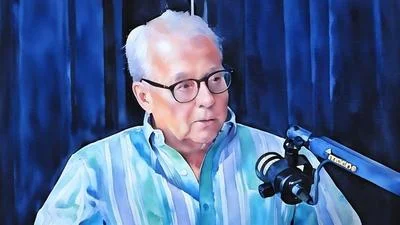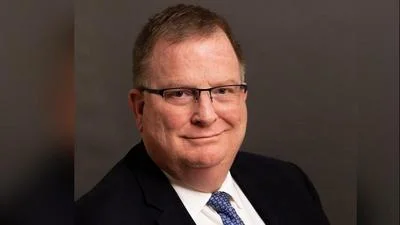With marijuana use legal for adults in New Mexico since June 29, supporters and detractors continue to debate whether the new law is good for the state.
Earlier this year, New Mexico legislators approved a bill approving the legalization and regulation cannabis. After passing the House by a 38-32 vote, it was adopted by the Senate, with a provision that some outstanding cannabis arrests and convictions be waived. State officials also have rolled out cannabis production regulations, with the New Mexico Regulation and Licensing Department announcing on Facebook Aug. 24 that its Cannabis Control Division would begin accepting applications through an online portal.
“The rules that take effect today cover the licensing of cannabis producers—the people and businesses that grow and harvest cannabis,” it said in the post. “The rules include plant count limits, which are required by the Cannabis Regulation Act, as well as licensing fees. “
It's now legal to possess up to two ounces of marijuana, 16 grams of concentrates or to grow up to six mature plants for personal use. It also set the stage for retail sales in the state. Emily Kaltenbach, senior director for New Mexico for the Drug Policy Alliance, said in a release that it's a step forward for the state.
“New Mexicans are finally able to exhale,” she said in the news release.
When she signed the legislation into law, Gov. Michelle Lujan Grisham said in a news release that it can drive economic growth in the state by sparking a new industry that could create thousands of jobs.
“We are going to increase consumer safety by creating a bona fide industry. We’re going to start righting past wrongs of this country’s failed war on drugs,” she said in the statement. “And we’re going to break new ground in an industry that may well transform New Mexico’s economic future for the better.”
Paul Chavez is a retired Albuquerque Police Department deputy chief and a former Director of Intelligence for the Southwest Border High Intensity Drug Trafficking Area Program (HIDTA). Currently, Chavez is the Director of Public Safety for the Pueblo of Laguna. Chavez has direct experience with the impacts of drugs on society and has written several op-eds and other commentaries against legalizing cannabis.
Alongside protests from people like Chavez, the New Mexico Business Coalition (NMBC) noted in a release that the primary argument made by lawmakers for recreational legalization was fairness of the legal system as well as overcrowded jails. The argument of potential overcrowding has been neutralized by policies that move criminals through the system and back into society. Moreover, legalization is nothing new, with medical use getting approval in 2007 and the possession of small amounts of marijuana legalized in 2019.
According to a study done by the New Mexico Business Coalition, the Rocky Mountain High Intensity Drug Trafficking Area found that children as young as 12 years old who say they’ve recently used had increased by 30% and their usage is 76% higher than the national average. Adult marijuana usage was also found to have risen by 19% and is 73% higher than the national average. Since human brains do not fully develop until the age of 25, on average, marijuana use among youth can have detrimental effects.
While some proponents for legalization argue that it will actually decrease criminal and “black-market” activity, studies from law enforcement agencies in Colorado show something different, NMBC says. From the point of legalization through 2019, the Colorado Drug Task Forces made 237 felony arrests, seizing 7.49 tons, as a result of 278 investigations into black-market marijuana. Legalization may have actually increased opportunities for black-market sellers and cartels to undercut state-licensed vendors. The Colorado Attorney General’s office is even quoted as saying that legalization “has inadvertently helped fuel the business of Mexican drug cartels …”









